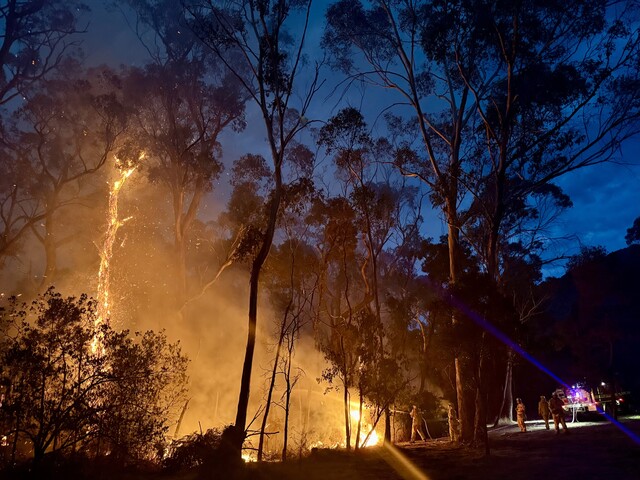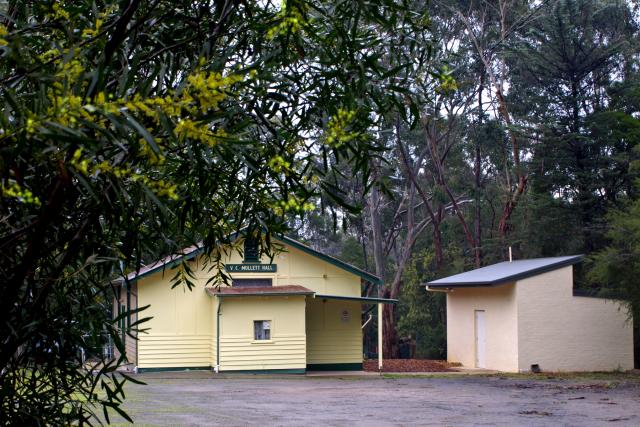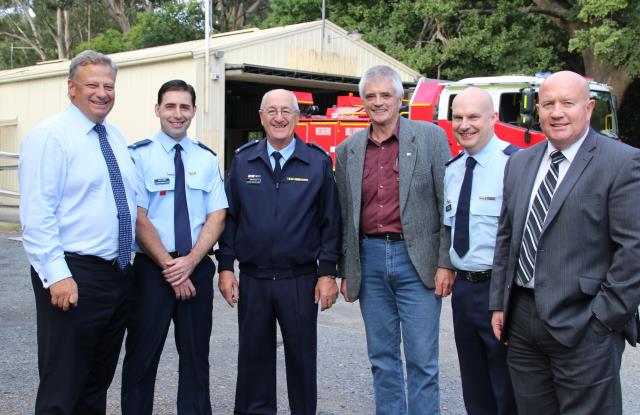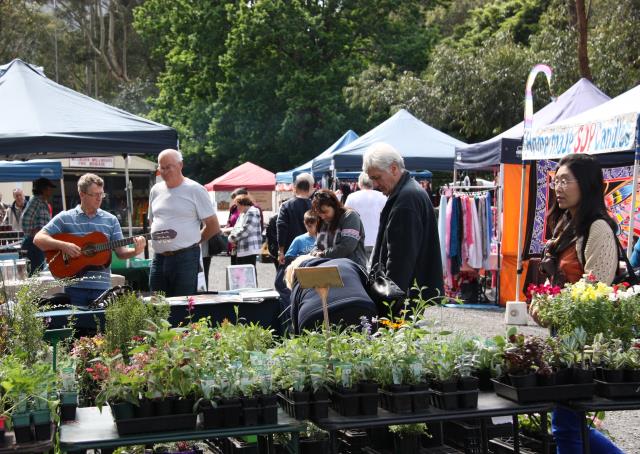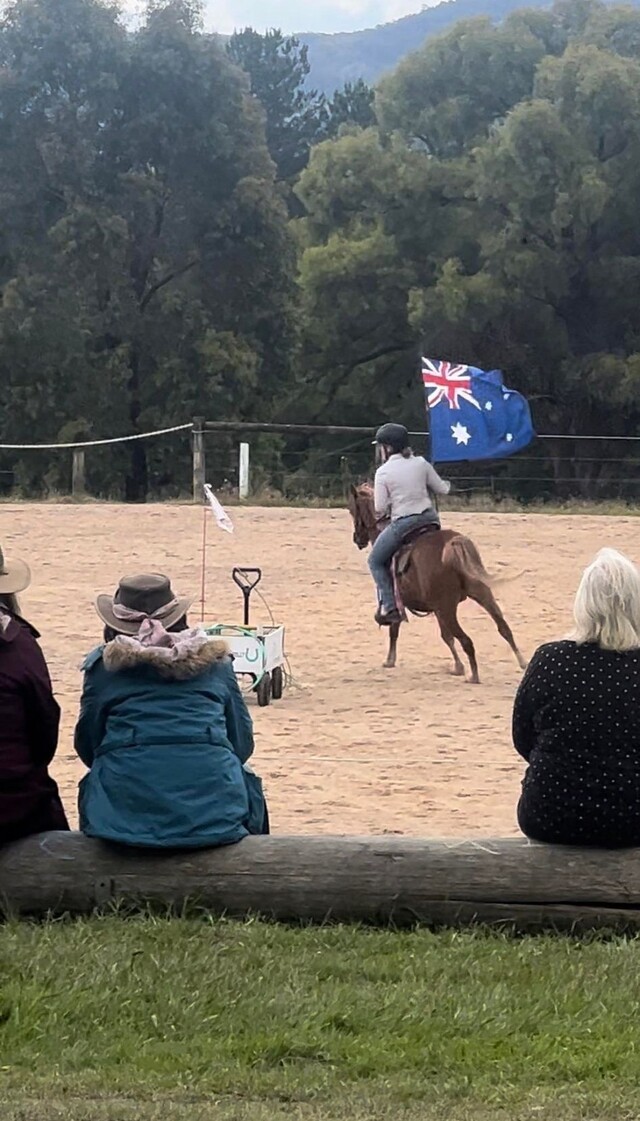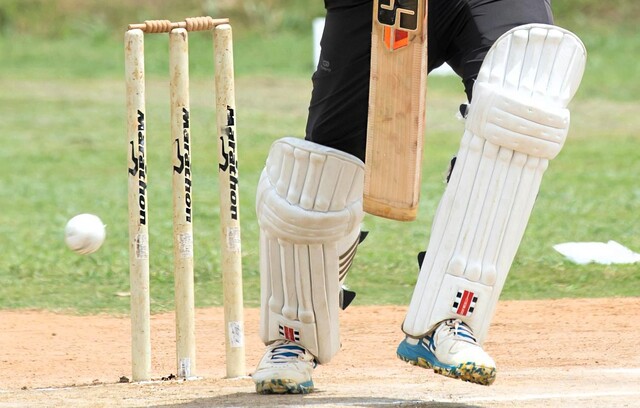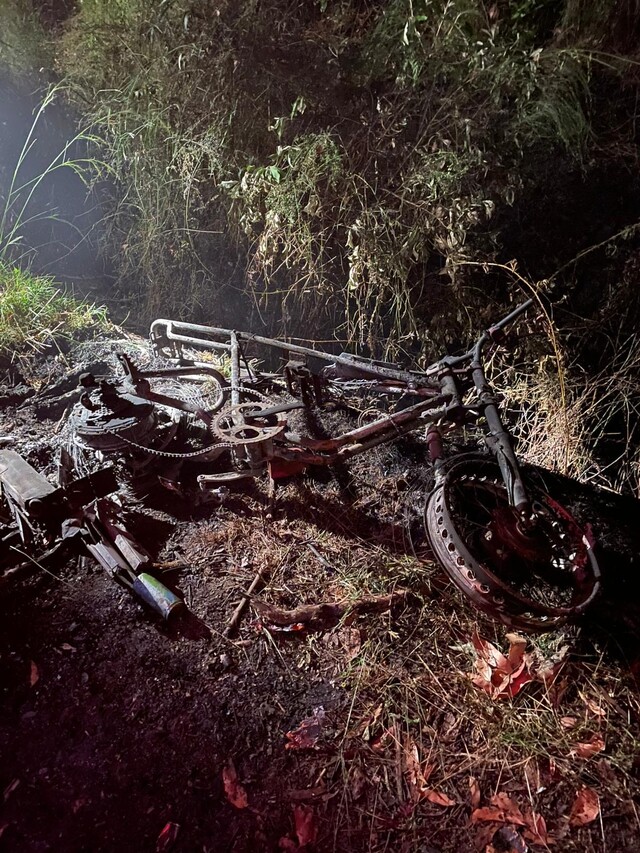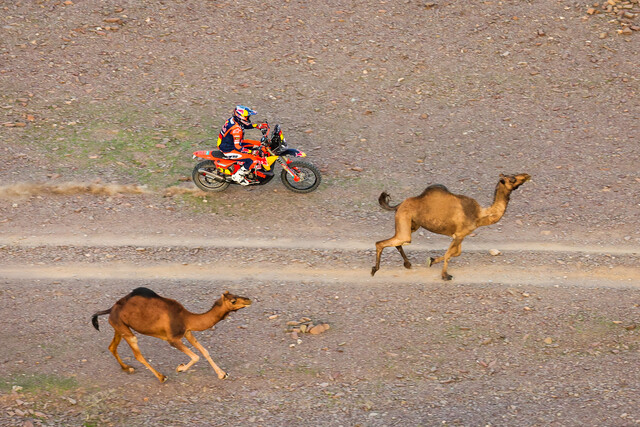You’ve got to know when to hold ’em, know when to fold ’em
Know when to walk away, and know when to run.
The Spring Racing Carnival has been in full swing with the highlight of course being The Melbourne Cup.
It is the race that stops a nation and Victorians are given a holiday.
This often amuses people from other countries that in Victoria we enjoy a public holiday for a horse race.
This is perhaps the one time of the year that many people have a bit of a flutter on the cup.
Uninformed in all the intricacies of racing they place bets based perhaps only on the appeal of a horse’s name , or on the one with the longest starting odds in the hope that a miracle can bring that horse home as the winner.
So if you had backed Prince of Penzance in 2015 at a 100/1 for a win you would have collected $500 in winnings, but this kind of return is rare.
There is a carnival like atmosphere at the cup but it is also a mirror of Australia’s social hierarchy.
Where and how people watch the cup highlights divisions in class, wealth and social status.
At Flemington there are three distinct areas: the exclusive birdcage enclosure, members’ areas and the general public lawn.
The birdcage is known for its lavish marquees, designer fashion, and celebrity guests, accessible only to corporate sponsors and the very wealthy.
It’s also a good place for networking.
Meanwhile, the public areas are crowded, more casual, and far less glamorous, showing clear economic and social contrasts..
Others watch the cup in pubs, community halls, or at home, often with informal gatherings with media coverage glamorising wealth and celebrity (as seen in designer label attire) while downplaying inequality.
Gambling is part of human instinctive behaviour.
And it isn’t confined to just horse racing with the Australian gambling industry becoming massive, powerful, socially harmful, and loosely regulated.
Gambling is something we have casually come to live with, but when gambling evolves beyond the occasional celebratory night out and that bit of a flutter at the races or the pokies, the consequences can be deadly: addiction, financial ruin, mental health collapse.
Addiction to gambling is a recognised psychiatric condition.
Gamblers lose all touch with reality as they become trapped in “the zone”.
In this warning to the gambler, one sees imprisonment and little daylight.
How many gamblers have been trapped in aisled rooms littered
with cigarette ash, zoo noises, furniture oozing years of spilled gin?
How many gamblers have watched two Kings scarper into a barrel turn?
How many have seen the chips scuttle before a fall, that fraction
before a missed fortune?
The Zone anonymous
From Warning to the Gambler by Helen Hagemann
Henry Lawson openly criticised gambling and alcohol as curses while Banjo Patterson’s A Dream of the Melbourne Cup presented a cautionary tale where a dream win turns sour, hinting at the dark side of gambling. And CJ Dennis wrote a poem about a losing horse with a humorous, slightly cynical take on gambling pitfalls.
But gambling has been part of our culture since colonial times and the game of Two Up, legally played on Anzac Day has deeper origins than World War One, back to colonial times
The ring keeper controls the game.
The Ringer held up the pennies and kip
a challenge I could not ignore,
I handed my last twenty dollars to him
and I knew that I needed to score.
The twenty was set then “Spinner come in’
with odds of double or bust.
Our hopes for a moment hung in the air,
then our future dropped down in the dust.
John Hayes
Today gambling has been allowed to develop into a major and exploitative industry.
A recent book Hooked by Quentin Beresford asks “What is the balance between entertainment and social harm?” and argues that the current system tips strongly toward profit at the expense of social well-being and the vulnerable.
Beresford points out that Australians lose tens of billions of dollars annually on legal forms of gambling: poker machines, casinos, sports betting, lotto, making it one of the highest‐loss jurisdictions globally. International online companies flood Australia making it the wild west of gambling with one of the earliest and biggest uptakes in online gambling.
From a relatively contained leisure activity it has grown into a mega industry that is too big to fail and too powerful to regulate and is causing profound social harm.
So many organisations depend on gambling money to carry out all their social obligations.
Football codes are dependent on gambling as are other sports and many clubs and hotels and casinos have jettisoned live music to allow profitable poker machines to take over.
One of the disturbing aspects is the indoctrination of children into the gambling culture.
It is estimated that an Australian child is subjected to a million gambling ads a year while watching cricket, football or other sports.
This grooming by the industry as the saying (commonly attributed to the Jesuits) goes: Give me a child until he is seven, and I will show you the man.
The belief was that the first few years of life are crucial in shaping a person’s beliefs, values, and habits.
Even more worrying is that governments, at all levels and all persuasions, are dependent on revenue from gambling, particularly at election time.
The corridors of Parliament are awash with lobbyists establishing contacts with our elected representatives and seeking preferential treatment.
High profile advocates of reigning in gambling, lobbyists like Tim Costello and Andrew Wilkie, have not been successful.
You take on the gambling industry at your own peril, so politicians walk away.
Its influence not dissimilar to that of the National Rifle Association in the USA.
Beresford doesn’t shy away from the uncomfortable truth: ‘How large corporate brands, government policy, lobbying and regulatory decisions have aligned to expand gambling-opportunities for casinos, poker machines, sports betting rather than restrict them.’
The book mentions “a cast of questionable characters, iconic corporate brands, eye‐watering greed, political subterfuge and the many state and federal politicians who have sold out to the gambling industry”.
Lou Coulson in To be Amused touches on one of the hardest questions: are we playing them or are they are playing us:
To Be Amused
You ask me to be gay and glad
While lurid clouds of danger loom,
And vain and bad and gambling mad,
Australia races to her doom.
You bid me sing the light and fair,
The dance, the glance on pleasure’s wings,
While you have wives who will not bear,
And beer to drown the fear of things.
The Queensland Government Statistician’s Office found Australians lost $32 billion in 2022-23.
These losses consisted of $23 billion from gaming, mostly from poker machines ($15.8 billion); casinos ($3.6 billion) and lotteries ($3.1 billion); and a further $9 billion from wagering, betting on sports and racing.
In a nutshell what is needed urgently is a bipartisan approach to reforms some such as proposed by the late Peta Murphy.
A tightening up of licensing rules particularly for online gaming and a commitment of both sides of government to transparency as to the source of all donations.
Woorilla Poetry Prize Gala will be at the Emerald Hub on Sunday 16 November at 2pm.
Please register at www.woorilla.org.au


